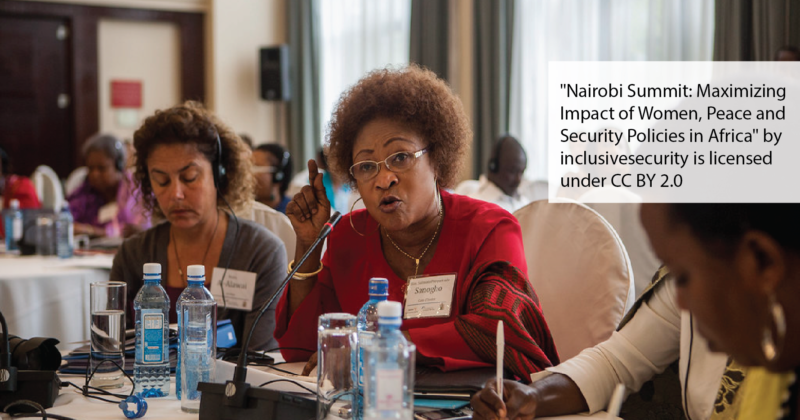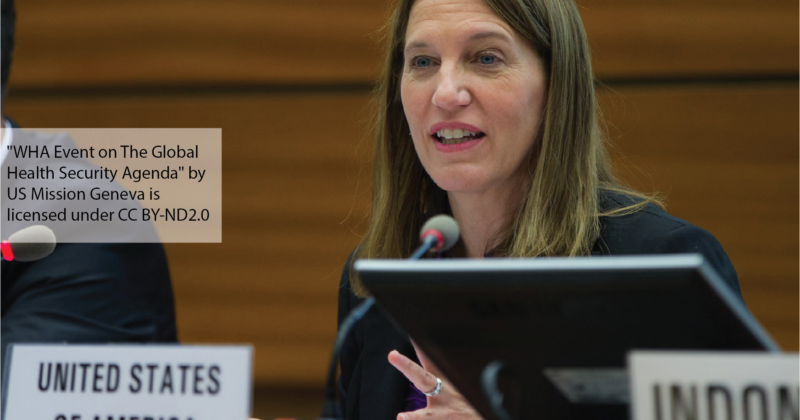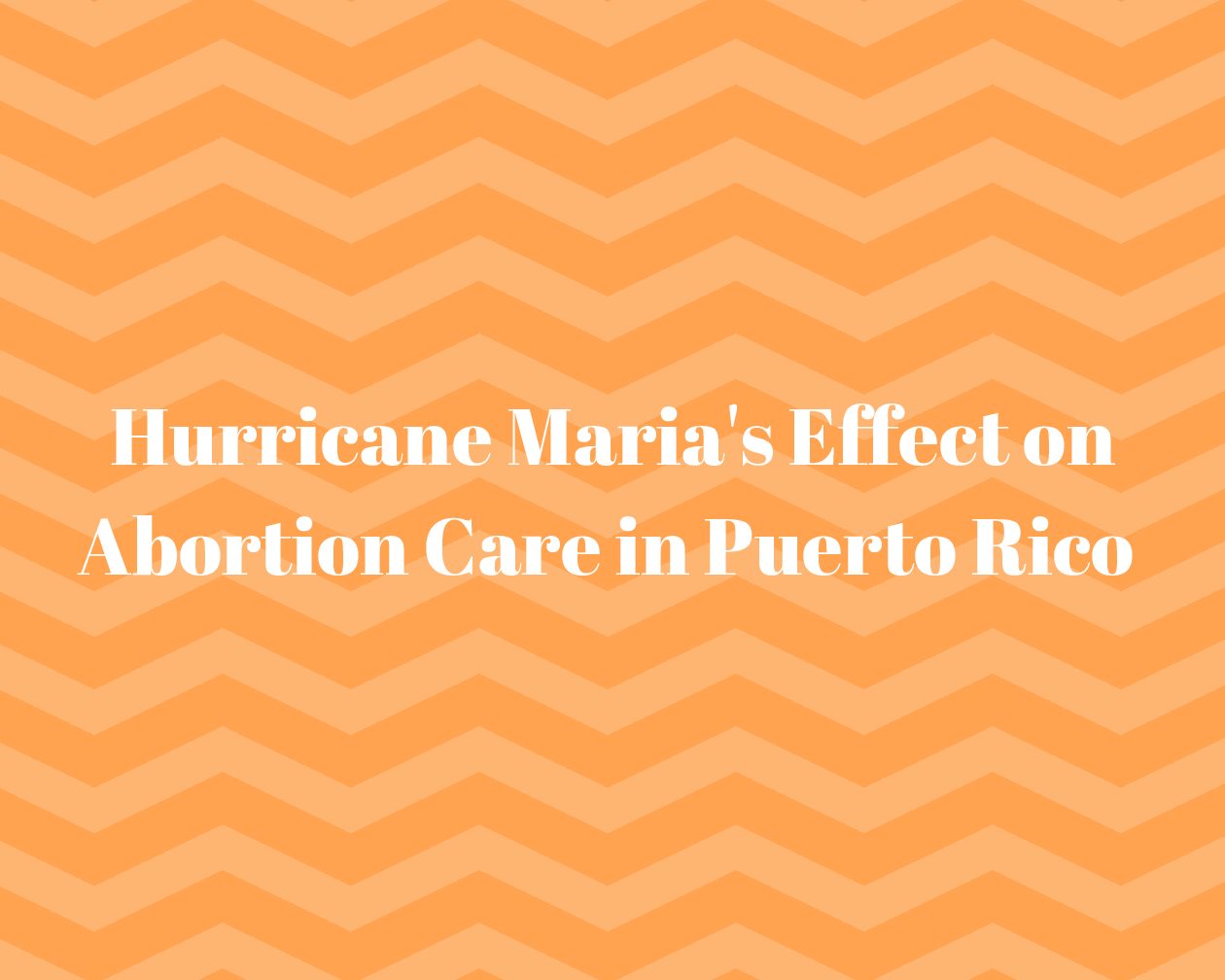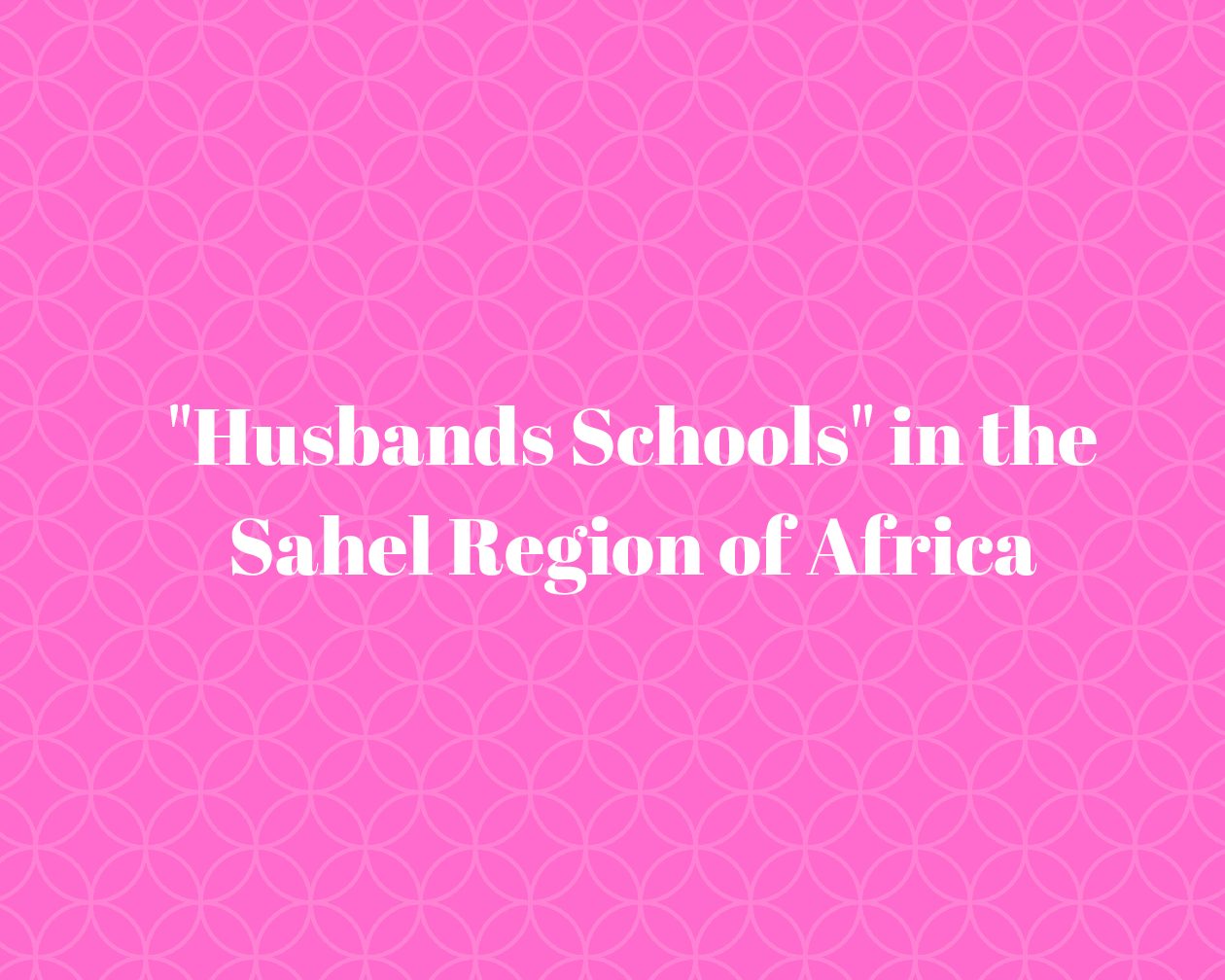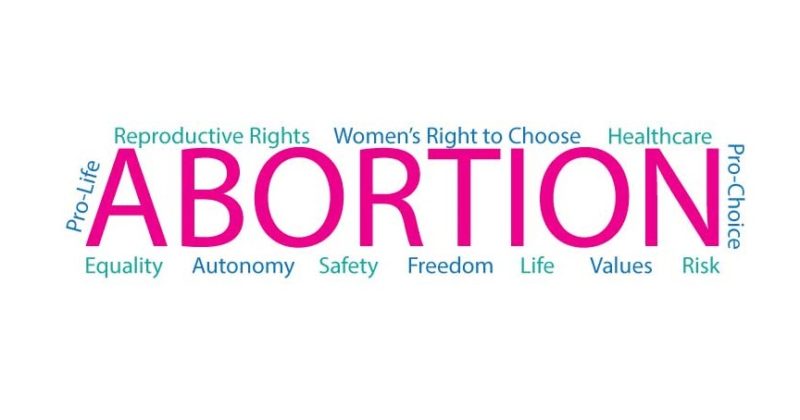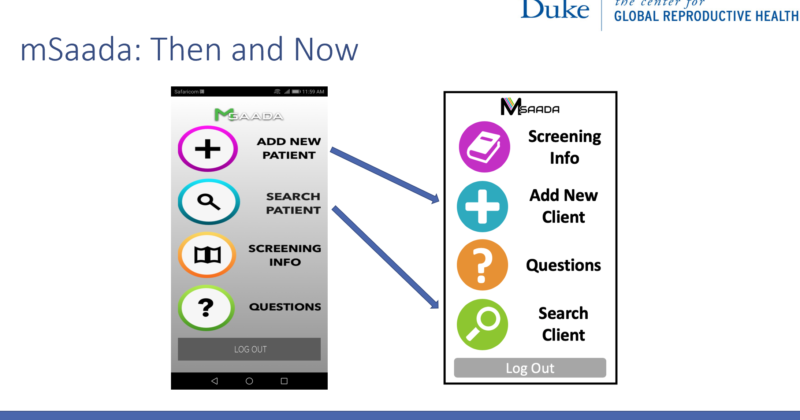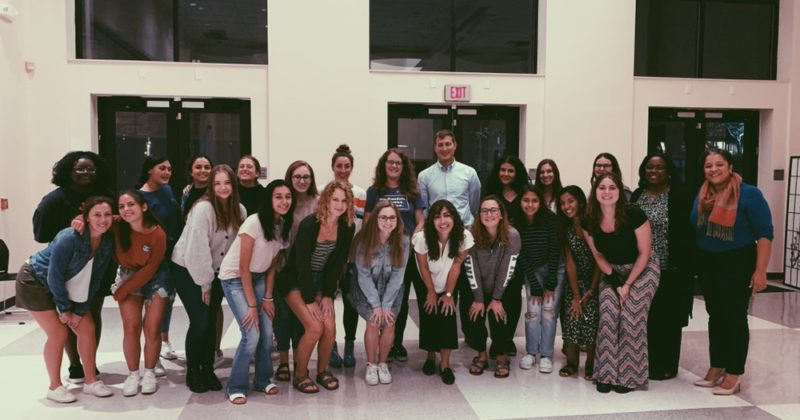Winter 2019 Director’s Message
The end of the semester and calendar lend themselves to reflections on the progress and challenges of the past year, and global health is no exception. In fact, last year we highlighted some of the year’s ups and downs in reproductive health. Both myself and Konyin Adewumi, DGHI MSc ’17, concluded that despite some setbacks, 2018 left us optimistic about progress toward reproductive and sexual health, reflected in a global call toward cervical cancer elimination, a historic decision on abortion rights in Ireland and a record number of women seeking (and achieving) government office in the United States and around the world. This year, the 25th anniversary of the International Conference on Population and Development (ICPD) facilitates reflections on not just the past year, but the past 25 years of achievements in global reproductive health. The momentous discussion at the ICPD in Cairo, Egypt and the resultant 20-year Programme of Action were pivotal in shaping the agenda in women’s health around...

